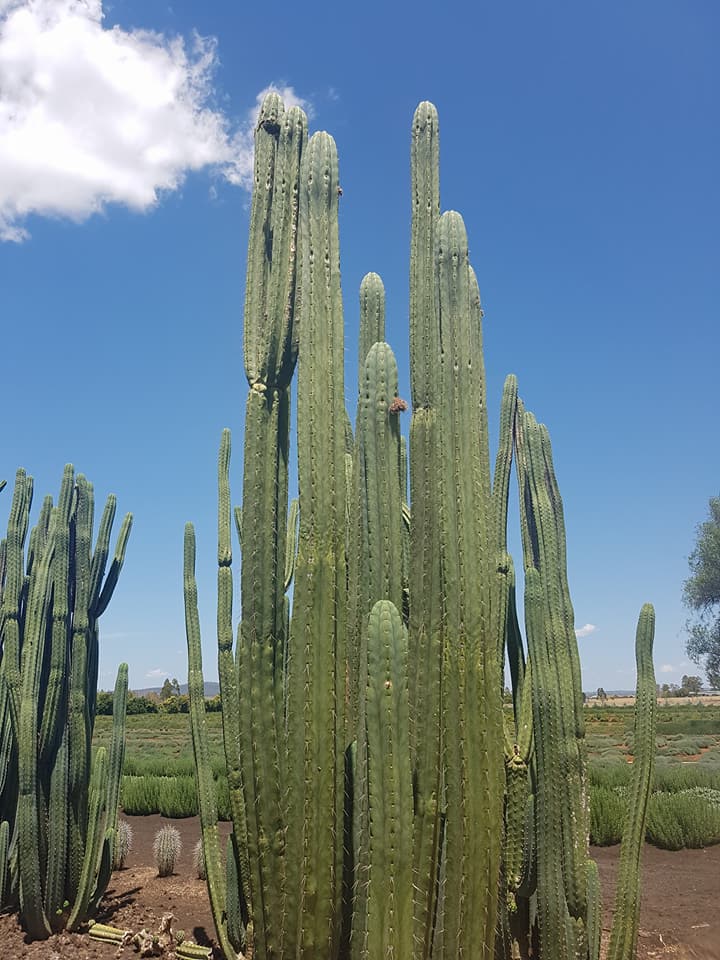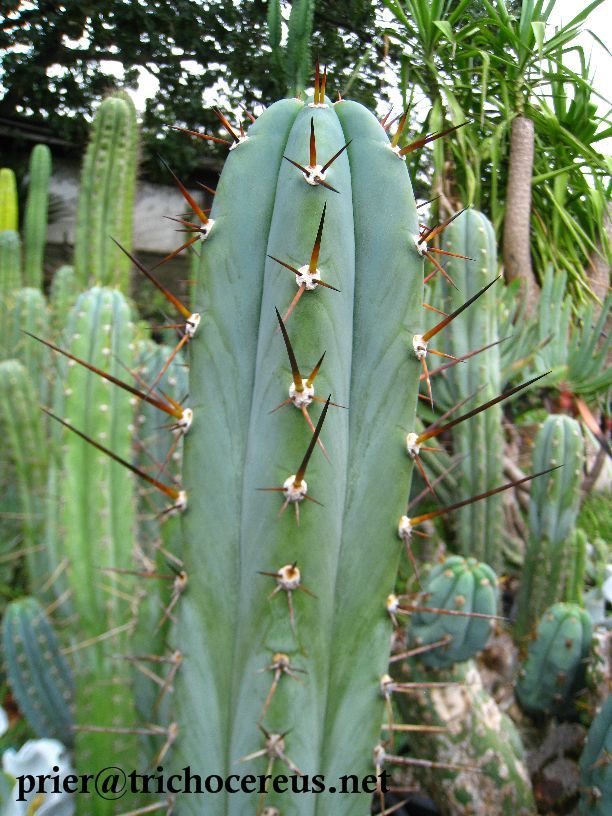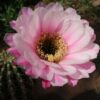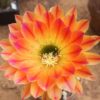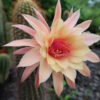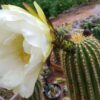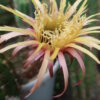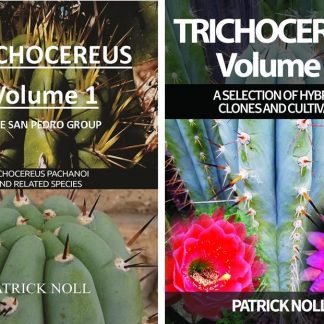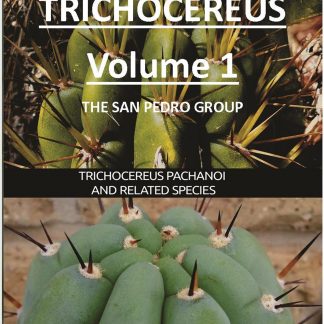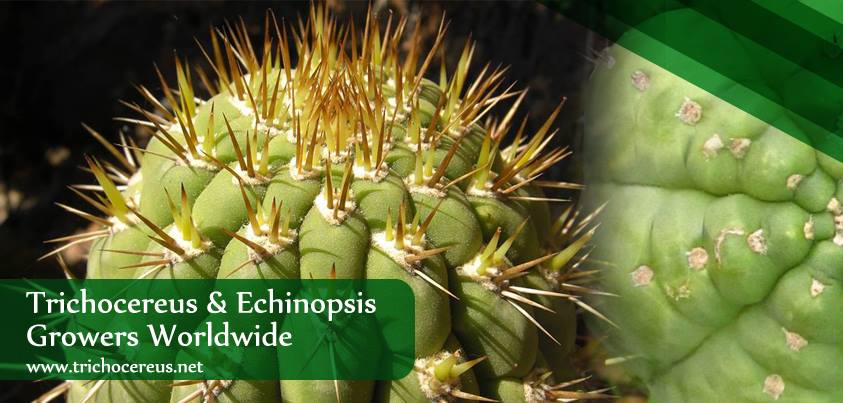
Hi guys, today I wanted to give you a preview from our Trichocereus Facebook group called Trichocereus & Echinopsis growers worldwide. It is one of the oldest Trichocereus groups on Facebook and was funded sometime around 2014. Photo: Jason Hollinger After all these years, our Trichocereus Facebook group has almost 17.000 members and we´re getting…

